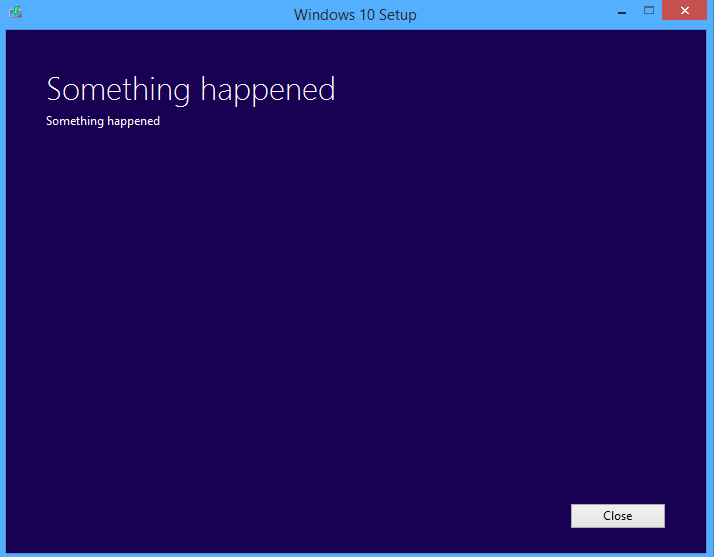Wow! How quickly a week can go by. Like many of you, EMC World 2016 was my first time in attendance and it also happen to be the first time I have been given the opportunity to be a presenter for a larger audience. I though the experience exceeded my expectations and based on some of the preliminary numbers and feedback that we have been getting on the sessions the EMC {code} team had presented, a good number of you agree the sessions content and presentations were of value to you. Thanks again for attending the sessions and providing your feedback.
Couldn’t make it this year?
For those that couldn’t make it out this year, a number of people in {code} have starting posting the materials and slide decks for our sessions. Official EMC World slide decks should be posted in the coming weeks, but there have been a large number of requests to get a hold of the material ASAP and many of us on the team have been happy to oblige. As for my sessions, you can find the materials below.
Introduction To Mesos & Mesosphere
Here is the session material for Introduction To Mesos & Mesosphere (Monday May 2 at 8:30) which just as the title says is a Apache Mesos 101 type session.
You can download the “Introduction To Mesos & Mesosphere” powerpoint presentation HERE. The video of the demonstration used at the end of the session highlighting Mesos using persistent external storage can be found on YouTube below:
The source code for the MVC Web Application written in Golang can be found in my GitHub repo. The two projects used in demo were RestServer and RestClient.
To launch the MVC Application with external persistent storage, you first need to have each of your Mesos Agent/Slave nodes running Mesos DNS and configured for persistent external storage using this Guide. Once you have those prerequisites in your Mesos Cluster, you can find the Marathon JSON files to launch tasks here. To start up the application, perform the following:
Start PostgreSQL: curl -k -XPOST -d @postgres-mvc.json -H "Content-Type: application/json" YourMarathonIP:8080/v2/apps Start RestServer: curl -k -XPOST -d @restapi.json -H "Content-Type: application/json" YourMarathonIP:8080/v2/apps Start RestClient: curl -k -XPOST -d @ui.json -H "Content-Type: application/json" YourMarathonIP:8080/v2/apps
Deep Dive With Mesos & Persistent Storage For Applications
Here is the session material for Deep Dive With Mesos & Persistent Storage For Applications (Tuesday May 3 at 3:00) which covered the importance of Apache Mesos Frameworks and the powerful capabilities that 2 layer scheduling provides in your Datacenter and Mesos cluster.
You can download the “Deep Dive With Mesos & Persistent Storage For Applications” powerpoint presentation HERE. The video of the demonstration used at the end of the session highlighting the Elastic Search Mesos Framework using persistent external storage can be found on YouTube below:
To launch the Elastic Search Framework with external persistent storage, you first need to have at least a 3 Agent/Slave nodes in your Mesos cluster and each of your Mesos Agent/Slave nodes configured for persistent external storage using this Guide. To start the ElasticSearch scheduler, you can find the Marathon JSON files to launch task here. To start up the Scheduler, perform the following:
Start ElasticSearch Scheduler: curl -k -XPOST -d @elasticsearch.json -H "Content-Type: application/json" YourMarathonIP:8080/v2/apps
If you want to run some of the advanced ElasticSearch functionality used in the demo, you can find additional information in this file here.
What’s Next…
After recharging for a bit, we have already started on our post-EMC World plans and deliverables. Hopefully this will bring a forth a bunch of interesting ideas and projects for the community. To keep up to date with the things that I will be working on, please follow me on Twitter at @dvonthenen. If anyone has any questions about the EMC World presentations, you can always catch me on the {code} Community Slack channel.






